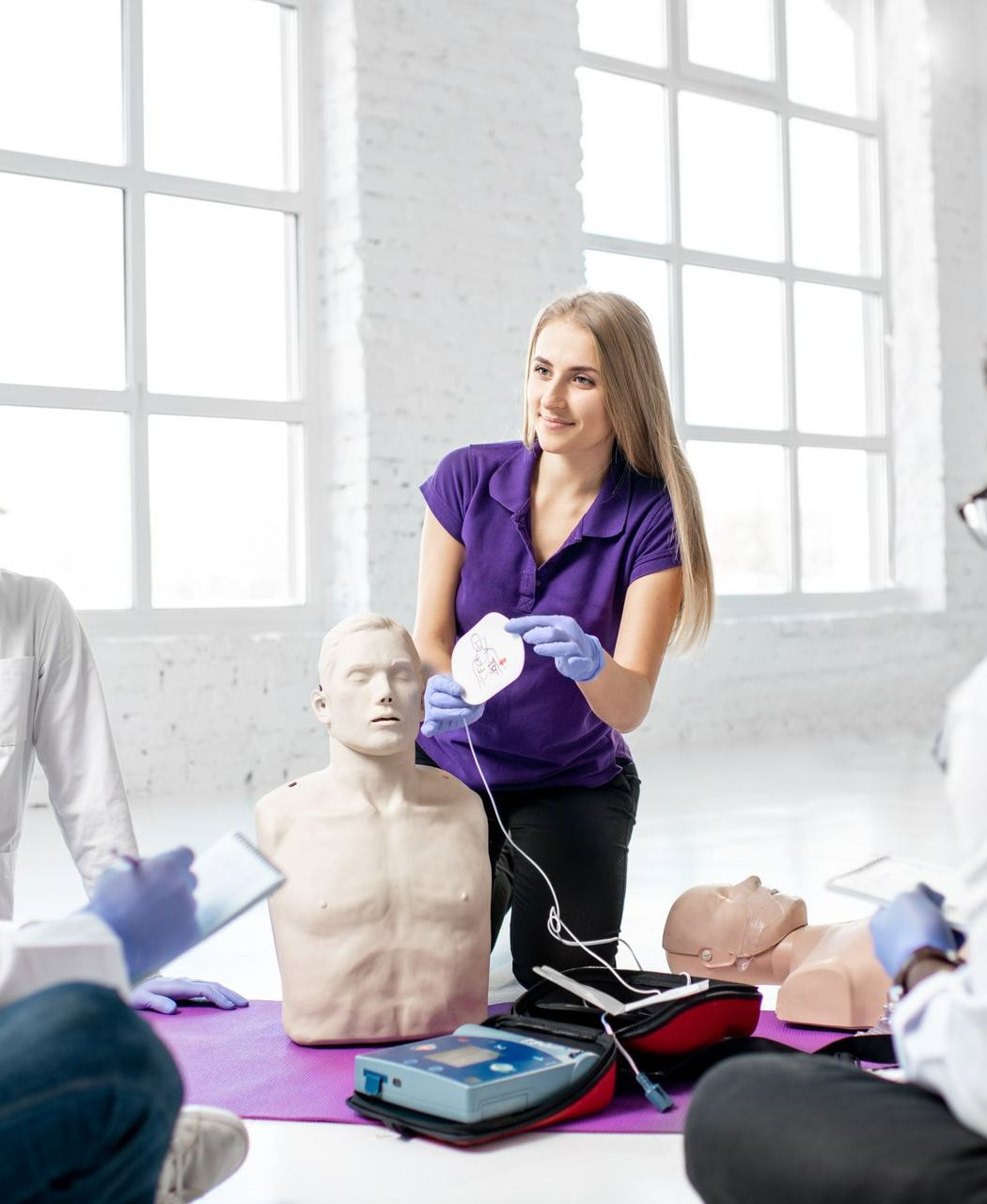On-site
Cardiac First Response (CFR)
What is CFR Training?
This comprehensive, practically-based half-day course was developed by the Pre Hospital Emergency Care Council (PHECC) as a national standard to ensure that those who suffer cardiac arrest in the community are given the best possible chance of survival. The course meets all the requirements set out by the Pre-Hospital Emergency Care Council.
Who should attend CFR training?
The course is suited to those who may be required to respond to a sudden cardiac arrest, heart attack, choking, stroke or unconsciousness in the workplace, at a sports facility, in their homes or in their community. Also, ideal training for personnel in a premises or public buildings where an Automated External Defibrillator (AED) has been installed.

We offer CFR training delivered at your premises and tailored to your business needs. Provided by fully qualified instructors with medical background.
What's Involved in Cardiac First Response (CFR) Community Training
Training Aim and Objectives
The trained person will possess the following general knowledge, skills and the ability to:
• Recognise the signs of a life threatening emergency.
• Respond in an effective, safe and appropriate manner to a life threatening emergency, utilising basic life support skills.
• Retrieve and use, if required, an automated external defibrillator during a cardiac arrest.
• Report and record actions appropriately and handover to emergency medical services.
• React to a life threatening or potentially life threatening anaphylactic reaction.
Course Content
- Patient Assessment
- Adult CPR
- Child CPR
- Infant CPR
- Use of Face Mask Barrier Devices
- Automated External Defibrillator - AED
- Recovery (safe airway) Position
- Adult Choking - Conscious and Unconscious
- Child Choking - Conscious and Unconscious
- Infant Choking - Conscious and Unconscious
- Airway Obstruction Adult, Child and Infant
- Aspirin Administration for Heart Attack
- Stroke
- Skills Group Practice
Method of Delivery, Duration & Assessment
Training delivery includes both lecture methods (including videos) and practical work with "hands-on" experience.
Course duration is Half Day.
Maximum number of participants: 6
Students will be assessed on a practical skills and PHECC's CFR Community assessment sheet.
Fully Compliant Certificate valid for 2 years
Upon successful completion of this course, students will be issued with Pre-Hospital Emergency Care Council Course Completion Certificate. This cert will be valid for 2 years
Did you know?
A blocked airway can kill someone in three to four minutes, but it can take more than eight minutes for an ambulance to arrive. So a simple procedure such as opening someone’s airway can save their life whilst waiting for emergency help to arrive.
The more people who know CPR, the more lives can be saved. Did you know that 5000 lives are lost every year in Ireland to sudden Cardiac Arrest, that is 13 lives lost every day? Starting CPR can double, if not triple a person's chance of survival and in the event of a collapse from cardiac arrest every minute is vital.
FAQs
Got a question? We’re here to help.
-
Do you provide training for individuals?
No. We only provide training for groups of 6 or more.
-
Do you deliver training at your location?
No. We only deliver training at client's premises. However, if your premises is not suitable for training delivery, we may help in organising alternative venue.
-
Do you require booking deposit?
Most of our courses do not require booking deposit payment. However is some cases where training involves multiple sessions and several days to be be booked, we may require deposit payment in advance.
-
What if I we need to cancel?
If you need to cancel your training already booked, we will be happy to accomodate you with alternative dates.
-
How long is CFR certificate valid for?
CFR certificate is valid for 2 years.
The Cardiac First Responder (Community) course is aimed at members of the public as well as health care professionals. Recognized by the Pre-hospital Emergency Care Council (PHECC) it teaches all the basic life support skills for victims of stroke; cardiac arrest; heart attack; choking as well as the relevant legal issues and the administration of aspirin.

We cover Dublin, Kildare, Meath, Louth and Wicklow.
Training Services
Contact Information
Call: 086 2024504
info@handlewithcare.ie
2023 © Handle with Care Limited. Privacy Policy





